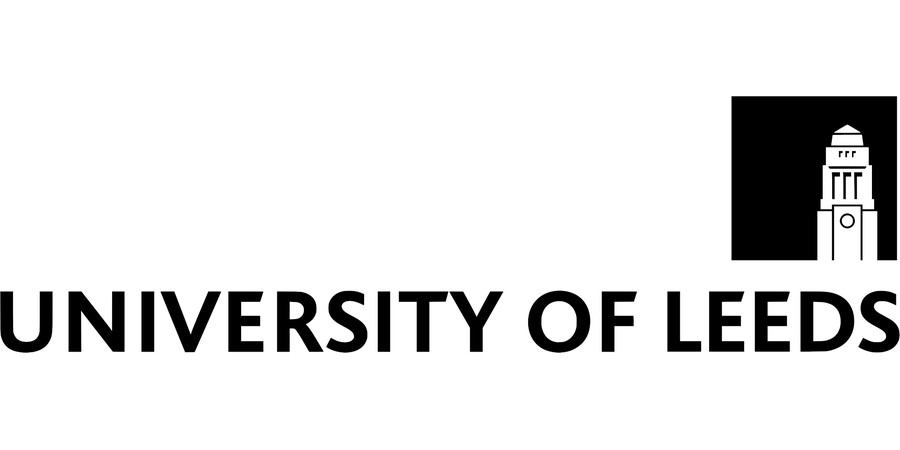AHRC Collaborative Doctoral Partnership Award - Disruption and Diversity: Understanding the Impact of Alexander the Great Through the Material Culture of the Hellenistic World
University of Leeds - School of Languages, Cultures and Societies
| Qualification Type: | PhD |
|---|---|
| Location: | Leeds |
| Funding for: | UK Students, EU Students, International Students |
| Funding amount: | £20,780 - please see advert |
| Hours: | Full Time |
| Placed On: | 4th April 2025 |
|---|---|
| Closes: | 15th May 2025 |
Session 2025/26 - Closing Date 17:00 (UK time) 15th May 2025
Award provides fees and maintenance at UKRI Rates (£20,780 in Session 2025/26), a London allowance of £1000 per annum plus a £600 enhancement per annum, a Research Training Support Grant and other allowances (pro rata for part-time study).
The School of Languages, Cultures and Societies at the University of Leeds and the British Museum are pleased to announce a fully funded Collaborative doctoral studentship, from October 2025.
This project explores how Alexander the Great’s conquests and the resulting cultural and political changes can be understood through material culture, focusing on objects from the British Museum’s collections.
Project overview
Alexander the Great’s conquests (336–323 BCE) were one of the most disruptive periods in history, leading to the fall of the Achaemenid Empire and the establishment of new Graeco-Macedonian and local power structures. This project will explore how these transformations are reflected in material culture. The analysis of artifacts provides fresh perspectives on how Alexander’s empire-building affected the everyday lives of people in different regions, offering a more nuanced and accessible understanding of ancient history and allowing for a more comprehensive interpretation of the cultural and political transformations during this period. The analysis will start out from the changes that can be observed in coinage. The evidence of coinage is particularly important as often it is the most precisely dateable and most demonstrative of political changes given the status of coins as ‘official documents’. The coins’ place of production, material, and iconography clearly express Alexander’s impact on everyday life using a distinctly local vocabulary. Such changes will be compared to those present in other object groups, particularly in jewellery, figurines and vessels such as table ware. The successful candidate will have significant scope to shape the project by choosing particular object types on which to focus their study.
Research questions include:
- What can material culture reveal about cultural and political changes under Alexander’s rule?
- How did different regions experience these transformations?
- Were Alexander’s campaigns homogenising, or did they further diversity local identities?
- How does Macedonian influence appear in various forms of material culture?
About the British Museum
The British Museum was the first national museum to cover all fields of human knowledge, open to visitors from across the world. It is driven by an insatiable curiosity for the world, a deep belief in objects as reliable witnesses and documents of human history, sound research, as well as the desire to expand and share knowledge. You will be expected to spend time carrying out research and gaining experience at the Museum.
Outcomes, benefits and opportunities
The findings will contribute to a major British Museum exhibition on Alexander the Great and the Hellenistic World in 2030. You will be encouraged to participate in professional development events and activities organised for all Collaborative Doctoral Partnership students who are registered with different universities and studying with cultural and heritage organisations across the UK. These activities are organised by a coordination team based at the V&A and are designed to provide you with the skills to thrive in your future career.
For further project information contact Dr Samuel Gartland
Advert information
Type / Role:
Subject Area(s):
Location(s):









